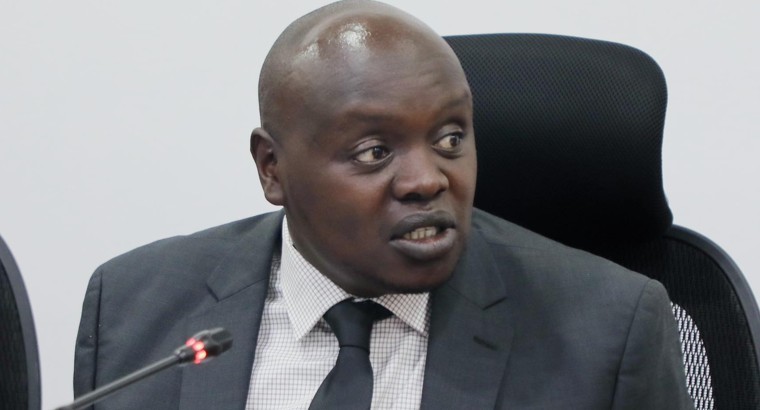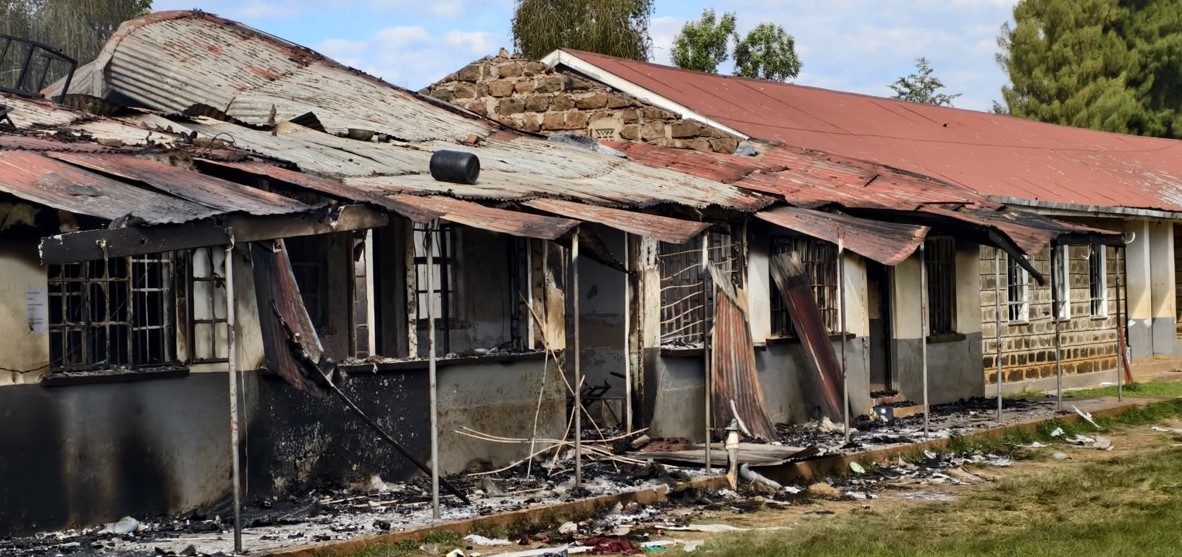Governors reject KMPDC ambulance registration directive, citing county authority conflicts

KMPDC CEO David Kariuki defended the registration requirement, saying it aims to standardise pre-hospital services and improve emergency care across the country.
Governors have rejected a national directive requiring all ambulances and emergency medical personnel to register with the Kenya Medical Practitioners and Dentists Council (KMPDC), arguing that the move undermines county authority and duplicates roles already assigned to county governments.
The directive, issued by KMPDC, mandates that all ambulances, paramedics, emergency medical technicians (EMTs), ambulance operators, and other pre-hospital care providers register with the council by Monday, September 15. Non-compliance, the council warns, could attract sanctions, including being barred from operating.
More To Read
- Governors warn of service paralysis as e-procurement dispute deepens
- EACC probing MCAs accused of blackmailing governors, manipulating county tenders
- Counties accuse Treasury of over-control, blame e-procurement for slow services
- Billions in county empowerment loans remains unpaid as senators call for EACC Probe
- RUPHA exposes flaws in SHA’s multi-billion digital health systems
- CS Duale vows to pay only verified NHIF claims as hospitals threaten strike
Council of Governors (CoG) Chairperson Ahmed Abdullahi criticised the directive, accusing the Ministry of Health and its agencies of bypassing agreed consultations with counties on ambulance and emergency services management. In a letter to governors dated September 9, Ahmed urged counties to disregard the public notice.
“The KMPDC Act does not confer any functions to any level of government. Accordingly, the threatened consequences of non-compliance with the notice are of no effect to counties performing their constitutional mandates,” Ahmed said.
“Article 186 and Part 2 of the Fourth Schedule expressly assign ambulance services to County Governments. Counties have invested heavily in ambulance services over the past 12 years and established functional referral systems.”
Conflicts of mandate
County officials also expressed concerns over “conflicts of mandate” between national agencies and counties, warning that parallel systems could create operational and financial inefficiencies. Ahmed noted that county health executives rejected KMPDC’s draft standards on emergency medical care during a September 5 meeting in Mombasa, insisting any new framework must align with county-managed ambulance dispatch systems.
“The Ministry of Health and its semi-autonomous institutions have reneged on resolutions made towards cooperation and consultation. We therefore advise county governments to disregard the public notice and treat it with the contempt it deserves,” the CoG chair said.
KMPDC CEO David Kariuki defended the registration requirement, saying it aims to standardise pre-hospital services and improve emergency care across the country.
“Ambulance services play a critical role in the continuum of emergency patient care services. Registration will ensure standardisation of emergency care services nationwide and enhance the quality of pre-hospital healthcare,” Kariuki said.
He added that registration also supports the operationalisation of emergency services under the Social Health Authority’s Emergency, Critical Care and Chronic Illness Fund, which seeks to strengthen the delivery of urgent medical care in the country.
Registration applications can be submitted via email to [email protected] or delivered in person at the KMPDC offices. Registration forms and detailed guidelines are available on the council’s website at https://kmpdc.go.ke/downloads/.
The council warned that failure to register will attract sanctions, including prohibition from operating ambulances or providing emergency medical services.
“KMPDC is committed to ensuring quality and safe emergency medical services for all Kenyans. Compliance with this registration requirement is mandatory and will guarantee that patients receive timely and professional emergency care,” Kariuki said.
The council has recently enforced similar regulations, including shutting down 158 health facilities in Nairobi for lacking registration, having unlicensed practitioners, or failing to meet medical standards. Inspections of 288 facilities also led to downgrading 25 and retaining 105 at their operational level.
“Poor infrastructure, sanitation challenges, and improper waste management pose a direct threat to patients’ health,” Kariuki said, emphasising the need for compliance to safeguard public safety.
Top Stories Today













































